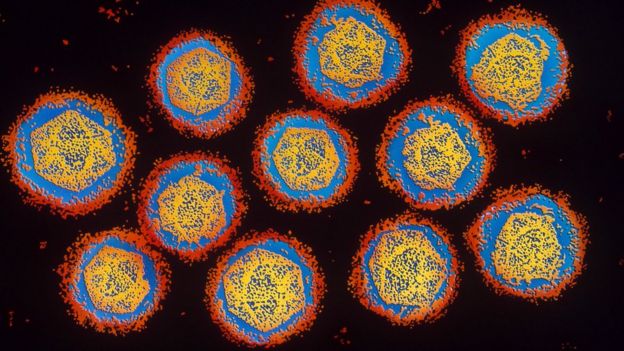he mosquito, Aedes aegypti, is causing widespread fear in Brazil where it is spreading the Zika virus that has been linked to thousands of babies being born with birth defects.
So what do we know about it?

It loves our cities
This is not some jungle-dwelling insect that rarely comes into contact with people.
It is one of those animals, like cockroaches, pigeons and urban foxes, that thrives in built-up areas.
It does not need natural water sources to breed as it can lay eggs in the small and plentiful pools of stagnant water, such as gutters or flower pots, found in cities .

Cities like Singapore have big problems with the mosquito.
Prof Uriel Kitron, from Emory University, said: “Aegypti is really adapted well for urban areas.
“It is becoming more and more of an urbanised world and aegypti thrives – Brazil is an extreme example going from 20% to 80% urban in 70 years.”
There’s also plenty of food – us.

They harbour a bunch of diseases

Zika is currently getting all the attention, but Aedes aegypti has long been known as the yellow fever mosquito.
Yellow fever is a viral disease that can cause jaundice, bleeding and multiple organ failure in some cases.
And 390 million people are infected with the dengue virus each year, largely as a result of bites from Aedes aegypti.
Chikungunya, another virus causing alarm as it expands around the world, is also spread by the insects.
They do it by biting someone who is infected and then biting someone else.

